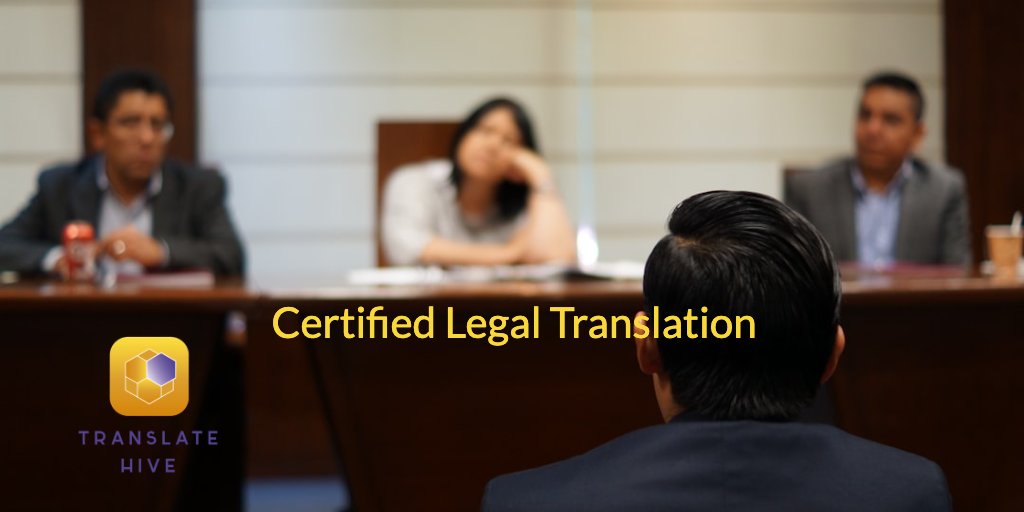In our increasingly cosmopolitan country, the need for accurate and certified translation services is paramount in the legal sector. In the UK, where the legal system relies heavily on precision and clarity, the role of certified translators is critical. From ensuring fair trials to maintaining the integrity of legal documents, certified translation services play an indispensable role in upholding justice.
Ensuring Fair Trials
One of the most vital aspects of the legal system is the assurance of a fair trial. This is especially crucial in cases involving non-English speakers who may not fully understand the proceedings or the charges against them. Accurate and certified translation ensures that defendants comprehend every aspect of their case, from witness statements and evidence to courtroom testimonies and legal arguments. Without such services, there is a significant risk of miscommunication, which could lead to unjust outcomes.
Certified translators are trained not only in the target language but also in legal terminology, ensuring that translations are not only accurate but also contextually appropriate. This expertise helps protect the legal rights of individuals, ensuring that language barriers do not impede the administration of justice.
Maintaining the Integrity of Legal Documents
Legal documents such as statements, expert witness reports, and court judgments must be translated with the highest degree of accuracy. Any error or ambiguity in translation can lead to serious consequences, including legal disputes, financial losses, and even loosing the case. Certified translators provide a guarantee of accuracy, which is essential for maintaining the integrity of these documents.
In the UK, certified translations are often required for official purposes. This means that the translated document must come with a statement of accuracy signed by a qualified translator. This certification is not just a formality; it is a safeguard that ensures the translation is legally recognised and holds up to scrutiny in legal settings.
Regulatory Compliance and Immigration
Accurate and certified translations are also crucial for regulatory compliance and immigration processes. For instance, individuals applying for visas, residency, or citizenship in the UK must submit various documents such as birth certificates, marriage certificates, and educational qualifications. These documents must be translated accurately and certified to meet the stringent requirements of the UK Home Office.
Failure to provide accurate translations can result in delays or rejections, which can have significant personal and financial implications. Certified translators help mitigate these risks by ensuring that all translated documents meet the necessary legal standards.
Protecting Business Interests
For businesses operating internationally, legal translation services are indispensable. Whether it’s translating contracts, patents, or compliance documents, businesses must ensure that their legal interests are protected in foreign jurisdictions. Inaccurate translations can lead to misunderstandings, breaches of contract, and costly litigation.
Certified translators with expertise in legal and business terminology ensure that all documents are translated accurately, preserving the original intent and meaning. This accuracy is crucial for protecting business interests and maintaining good relationships with international partners.
Talk to us
In the UK, the importance of accurate and certified translation for legal purposes cannot be overstated. From ensuring fair trials and maintaining the integrity of legal documents to regulatory compliance and protecting business interests, certified translation services are a cornerstone of the legal system. As globalisation continues to bring people and businesses closer together, the demand for high-quality legal translation services will only grow, underscoring their critical importance in upholding justice and legal certainty.
For advise on legal translations please get in touch here.
